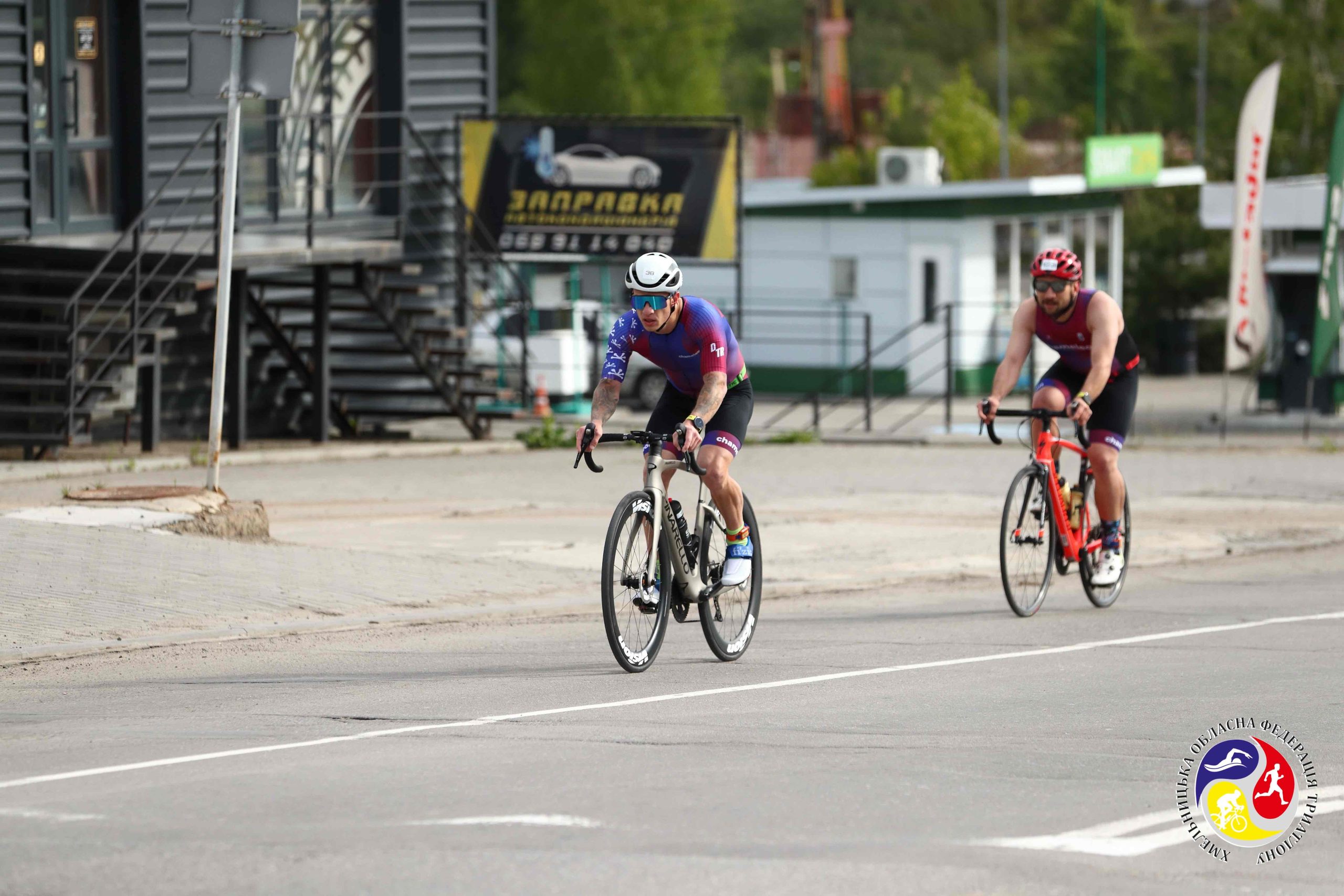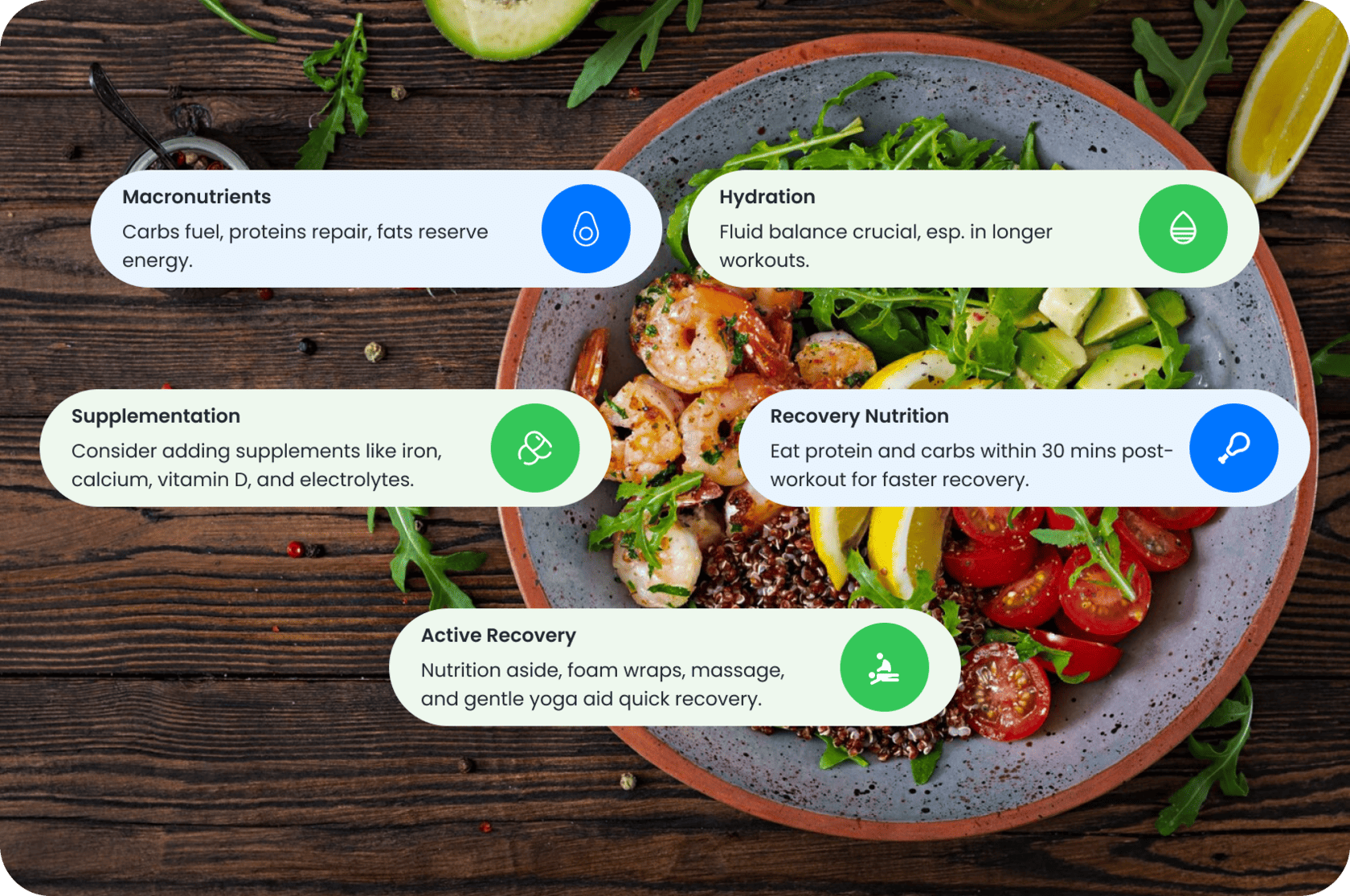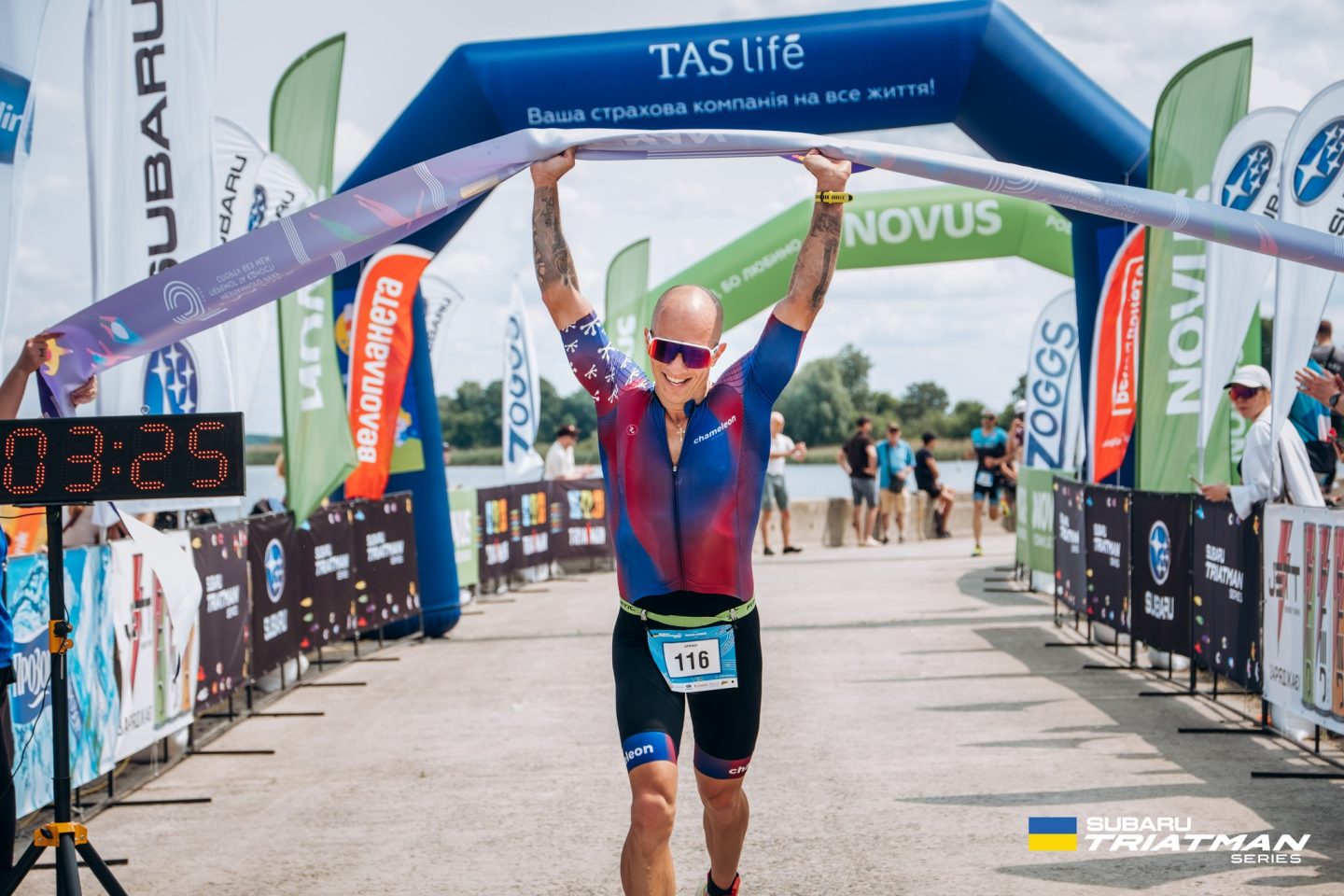Physical activity boosts our energy. Regular exercise increases our heart rate, oxygen circulation, and blood flow, making us feel more alert. It’s one of the many benefits of working out. However, this same energizing effect can sometimes backfire and leave us wide awake when it’s time to wind down.
If you’ve ever struggled to fall asleep after an intense evening workout, you’re not alone. Post-workout insomnia is a common issue among athletes. The good news is that there are effective ways to counteract it.
In this article, we’ll explore the top science-backed remedies to help you relax, recover, and enjoy a good night’s sleep, even after a tough training session.
What is Post-Workout Insomnia?
Post-workout insomnia is a sleep disorder that almost every athlete has experienced at least once in their lives. It is when you struggle to fall asleep, stay asleep, or achieve restorative sleep after intense or late-day exercise.
Usually, this type of insomnia happens when the physiological effects of exercise interfere with the body’s natural wind-down process for sleep. Typically, higher-intensity workouts, such as SWOLF swimming or interval runs, can cause trouble sleeping. Let’s explore the common reasons in more detail.
What are the causes of restless sleep after a workout?
The most widespread causes of trouble sleeping after a workout are:
Elevated cortisol and adrenaline levels
Intense exercise close to bedtime can spike stress hormones like cortisol and adrenaline. These hormones help increase glucose concentration in your blood and provide your muscles with the fuel they need to continue.
This article from Outside highlights that generally, cortisol levels in our blood peak around 30 minutes after we wake up and then decline throughout the day until they hit a low just before we go to sleep. But an intensive workout, like cycling interval training, can bump those cortisol levels up and throw the whole system out of whack.
In this case, instead of rising and falling, the cortisol levels remained flat throughout the day. Also, scientists have found that flat cortisol slopes make it hard to fall and stay asleep.
Increased core body temperature
Exercise raises our body temperature. And we need to cool down to fall asleep. If we exercise too close to bedtime, our system may still be overheated when we try to sleep.
Research suggests it takes a few hours for your core temperature to return to baseline after vigorous activity. So, late-night workouts may disrupt your ability to fall asleep quickly. Proper timing and cooling strategies can help mitigate this effect.
Central nervous system (CNS) overstimulation
Intense exercise, especially high-intensity training, heavy weightlifting, or prolonged endurance sessions, such as Ironman training, activates the sympathetic nervous system. It releases stimulatory neurotransmitters, such as adrenaline, noradrenaline, and cortisol. This “fight-or-flight” response boosts alertness, elevates heart rate, and delays relaxation, making it harder to wind down afterward.
Dehydration or electrolyte imbalance
When exercising, we lose water through sweat. If not properly replenished, even mild dehydration can disrupt sleep by increasing cortisol levels and reducing melatonin production. Electrolytes such as magnesium for athletes, potassium, and sodium play crucial roles in nerve function and muscle relaxation.
Low levels of these electrolytes may lead to restless legs, muscle cramps, or heightened nervous system activity, making it much harder to fall asleep.
Poor recovery nutrition
Nutritional practices significantly affect training adaptations and recovery. Factors like carbohydrates, protein, caffeine, and alcohol affect sleep quality and circadian rhythms.
After intense exercise, your body requires proper nutrients to initiate repair, regulate hormones, and restore energy. Failing to meet these needs can disrupt sleep.
Inadequate protein intake, for example, may prolong muscle protein breakdown and keep your nervous system in a state of heightened alertness.
Similarly, if you skip carbohydrates or some fast food after a workout, it can impair serotonin production (a precursor to melatonin), while low blood sugar overnight may trigger cortisol spikes that wake you up.
Even excess caffeine or stimulants used pre-workout can linger in your system if not balanced with proper post-exercise nutrition.
Late workout timing
Exercising in the evening can cause insomnia in multiple ways.
First, it raises core body temperature, and since your body needs to cool down 1-2 degrees to fall asleep, this delay can keep you awake.
Second, late workouts stimulate cortisol and adrenaline release, activating the sympathetic nervous system when you should be winding down.
Third, intense exercise too close to bedtime can suppress melatonin production, which disrupts your natural sleep-wake cycle.
For most people, finishing high-intensity workouts 2-3 hours before bed helps minimize sleep disturbances. Low-impact activities like yoga or light stretching in the evening are less likely to cause insomnia.
Importance of Good Sleep Hygiene for Athletes
Good sleep hygiene is essential for athletes seeking to optimize performance, expedite recovery, and preserve overall health. Proper sleep habits and environments directly influence both the physical and mental aspects of athletic achievement.
Physical benefits
- Muscle recovery and repair
- Energy restoration
- Immune system support
Mental and cognitive benefits
- Better cognitive function and improved decision-making
- Elevated mood and mental health
- Performance outcomes
In fact, numerous studies have shown that increasing both the quantity and quality of sleep leads to measurable improvements in athletic performance. For example, this study reveals that basketball players who extended sleep to 10 hours improved sprint speed and shooting accuracy, and reported enhanced well-being. Swimmers and tennis players who increased sleep duration saw faster reaction times, improved accuracy, and reduced fatigue.
Overall, sleep hygiene education has been shown to help athletes increase sleep time, which is linked to better performance before competitions.

What are the Risks of Poor Sleep Hygiene
A bad night’s rest can cause more than just tiredness and clumsiness the next day. In fact, sleep deprivation affects our mental and physical health.
Reduced performance
Poor-quality sleep leads to slower reaction times, decreased accuracy, impaired strength and endurance, and overall reduced athletic output.
Increased injury risk
Without a good night’s rest, our recovery process slows down. The likelihood of injuries increases because of impaired muscle repair and cognitive lapses.
Hormonal imbalance
Exercise induces insomnia, which disrupts hormones like cortisol and testosterone. This negatively impacts stress management and muscle development
Nutrition and Sleep
Proper nutrition helps regulate sleep quality, duration, and the ability to fall asleep. What you eat (and when you eat it) affects neurotransmitters, hormones, and bodily functions that influence sleep. Here is a brief breakdown of how diet impacts sleep and practical tips for better rest.
Sleep-promoting foods & nutrients
Certain foods contain compounds that support melatonin production (the sleep hormone) and relaxation:
Tryptophan-rich foods (precursor to serotonin & melatonin):
- Turkey, chicken, eggs, dairy, nuts, seeds, tofu.
Magnesium-rich foods (relaxes muscles & nerves):
- Leafy greens, almonds, pumpkin seeds, dark chocolate, bananas.
Melatonin-boosting foods:
- Tart cherries, walnuts, oats, tomatoes.
Omega-3 fatty acids (improve sleep quality):
- Fatty fish (salmon, mackerel), flaxseeds, chia seeds.
Complex carbs (help tryptophan reach the brain):
- Whole grains, sweet potatoes, quinoa.
Meal timing & sleep
Eating heavy meals before bed can cause indigestion, acid reflux, and discomfort. To avoid this, you want to finish large meals 2-3 hours before bedtime.
Similarly, going to bed hungry may cause wakefulness due to low blood sugar. A light snack like banana + almond butter, yogurt, or chamomile tea can help you avoid trouble falling asleep.
Irregular eating schedules disrupt your circadian rhythm. When you eat at unpredictable times, it can delay melatonin release, alter blood sugar levels, and misalign hormone signals that promote restful sleep. Try to eat meals at the same time every day.
Nutrients that regulate sleep
Magnesium
- Role in sleep: Calms the nervous system, reduces insomnia
- Food sources: Spinach, almonds, pumpkin seeds
Vitamin B6
- Role in sleep: Helps convert tryptophan to melatonin
- Food sources: Chickpeas, salmon, bananas
Zinc
- Role in sleep: Supports deep sleep
- Food sources: Oysters, beef, lentils
Vitamin D
- Role in sleep: Low levels linked to poor sleep
- Food sources: Fatty fish, eggs, and sunlight
Melatonin
- Role in sleep: Directly regulates the sleep-wake cycle
- Food sources: Tart cherries, walnuts

How to Create a Sleep-Conducive Environment to Avoid Post-Exercise Insomnia
Here are a few tips to optimize your sleep space and routine for better recovery and preventing post-workout insomnia.
1. Optimize your bedroom for sleep
- Ideal sleep temperature: 60–67°F (15–19°C) (cooler temps help lower core body temp post-workout).
- Use breathable, moisture-wicking bedding (cotton, bamboo).
- Take a cool shower before bed if you exercised late.
- Use a fan or AC if needed.
- Blackout curtains or a sleep mask to block light.
- Avoid blue light (phones, laptops) 1–2 hours before bed (disrupts melatonin).
- Use dim, warm lighting in the evening (red/orange hues).
- Use earplugs if outside noise is an issue.
- A white noise machine or fan for a consistent background sound.
2. Wind down properly after exercise
- Light stretching or yoga (e.g., legs-up-the-wall pose, child’s pose).
- Deep breathing exercises (4-7-8 method: inhale 4 sec, hold 7 sec, exhale 8 sec).
- Foam rolling (reduces muscle tension that could disrupt sleep).
- Skip intense TV shows, social media, or stressful tasks before bed.
- Opt for calming activities (reading, meditation, gentle music).
3. Adjust your sleep schedule & habits
- Set up consistent sleep and wake times to regulate circadian rhythm (even on weekends).
- Aim for 7–9 hours (athletes may need more for recovery).
- Avoid late-night workouts. Best workout cutoff: 3–4 hours before bed.
- If you must train late, opt for low-intensity (yoga, walking, mobility work).
Post-Workout Insomnia Remedies: Do They Work?
Post-workout insomnia is a common problem that can be fixed with the right strategies, including a bedtime routine and a sleep-friendly environment. Exercise can actually help improve sleep quality and reduce chronic insomnia when timed right.
Avoid stimulants, manage stress and anxiety, and practice good sleep hygiene to improve sleep quality and post-workout insomnia.
Try to implement those strategies I mentioned in this article. Soon, you will notice that even small changes to your sleep routine can improve sleep quality and reduce sleep disturbances. You will wake up feeling refreshed and ready to go.
Remember, better sleep quality is key to overall health and well-being, and it’s worth taking the time to develop good habits and strategies to improve sleep quality.







